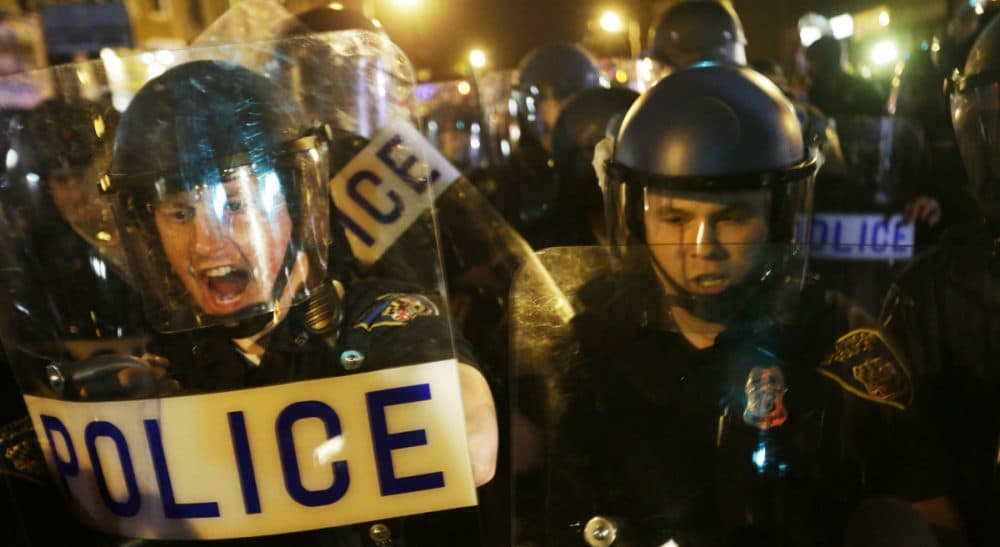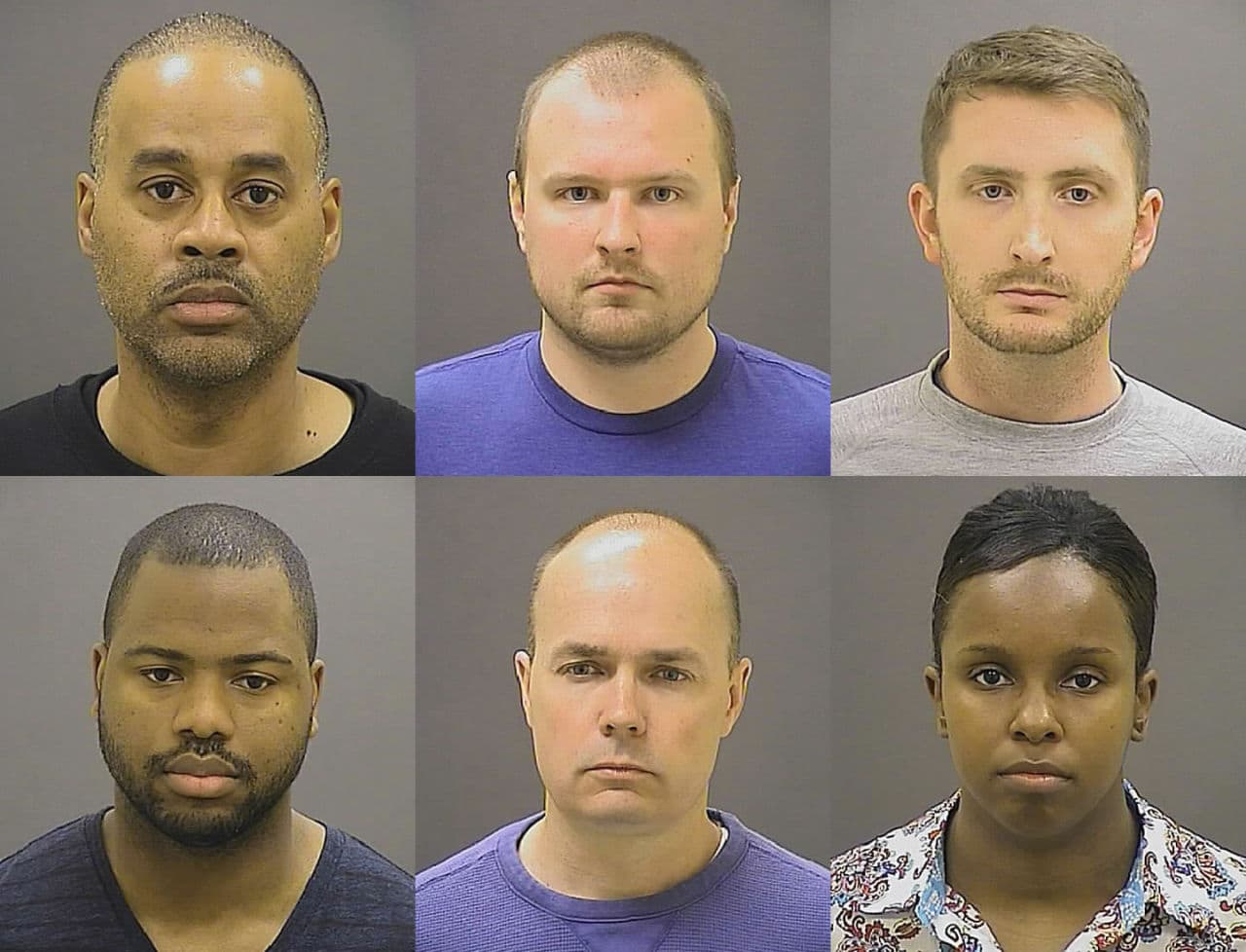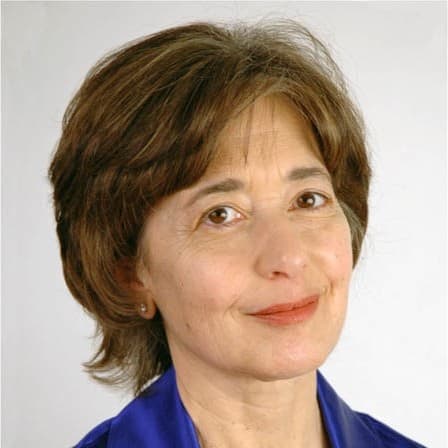Advertisement
Will The Unusual Charges Against Police Officers In Baltimore Hold Up?

Did police murder Freddie Gray? Without violating the presumption of innocence, we can surely say that their actions led to his death. At the very least we know that the officers who arrested and transported Gray violated department procedures by not securing him with a seat belt and ignoring his requests for medical care. We know, or have good reason to believe, that his arrest was illegal, which means he was an innocent casualty of police misconduct. At worst, Baltimore prosecutor Marilyn Mosby charges, three officers were guilty of manslaughter and Officer Caeser Goodson, who drove the transport van, acted with a reckless indifference to life that amounted to second degree murder by depraved heart.
Is the murder charge plausible? Not according to Harvard Law School's Alan Dershowitz. He sees “no plausible, hypothetical, conceivable case for murder under the facts as we know them … Nobody intentionally murdered him. The worst case scenario is a case for involuntary manslaughter.”
But Goodson isn’t exactly charged with intentional murder. Depraved heart murder “does not require intention to kill,” law professor David Harris noted on NPR. It requires “extreme recklessness.” That can, however, encompass behavior so depraved as to imply some sort of intentionality, a Maryland court explained: “The perpetrator must [or reasonably should] realize the risk his behavior has created to the extent that his conduct may be termed wilful.”

Vicious, “wanton” police conduct creating a clear risk of fatal injury seems to me a conceivable factor in this case — which doesn’t mean it was one. We’ll have to wait and see if the prosecutor has evidence to prove a murder charge beyond a reasonable doubt.
Dershowitz doesn’t believe she can or will prove her case and argues that Mosby has seriously jeopardized her chances of obtaining convictions by overcharging, “overplaying her hand.” The murder charges were “designed to please the crowd, to lower the temperature on the street,” he asserts, and “crowd control” isn’t justice. He doesn’t expect the officers to be convicted and doesn’t expect any convictions to be sustained on appeal. He does imagine additional unrest when the case falls apart.
I don’t share Dershowitz’s sense of certainty about what the facts in this case will or will not prove or how the prosecution will play out, but I appreciate his concern for due process and a depoliticized justice system. You don’t have to be, or shouldn’t have to be, an apologist for police brutality to speak up for the rights of the officers accused in this case, just as you don’t have to be a jihadist to speak up for the rights of Dzhokhar Tsarnaev.
You don’t have to be, or shouldn’t have to be, an apologist for police brutality to speak up for the rights of the officers accused in this case, just as you don’t have to be a jihadist to speak up for the rights of Dzhokhar Tsarnaev.
Yet even the ACLU, embarked on a well-publicized campaign for criminal justice reform, has exercised its right to remain silent about the officers’ rights while celebrating their prosecution and praising the prosecutor: “Her actions really told us who she is today,” a staff attorney gushed. The official ACLU response to the charges extolled them as “historic” and deplored the injustices visited upon the citizens of Baltimore, among other cities, but neglected to offer (even as an afterthought) an affirmative defense of due process and the presumption of innocence owed to the defendants. You can reasonably infer that the ACLU is hoping for a conviction, and you wouldn’t want an ACLU official sitting on the jury in this case.
Compare the organization’s statement following the charges in Baltimore to its statement following Tsarnaev’s arrest: The ACLU issued an appropriately strong defense of his “inalienable rights … The right to remain silent. The right to confront your accuser in a court of law. The right to be presumed innocent until proven guilty."
These are “self-evident truths,” the ACLU affirms. Let us never treat them as politically inconvenient ones.
